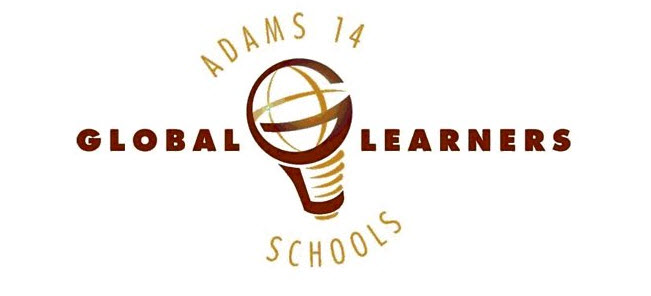 A previous post focused on Global Voices, the new web presence for shedding light on non-traditional media worldwide. Global Voices offers many useful tools for keeping track of what is happening in other countries. In fact, these tools allow you to track countries or categories by subscribing to pages (RSS).
A previous post focused on Global Voices, the new web presence for shedding light on non-traditional media worldwide. Global Voices offers many useful tools for keeping track of what is happening in other countries. In fact, these tools allow you to track countries or categories by subscribing to pages (RSS). The available tools at Global Voices could have enormous impact on the classroom. If in your classroom you study countries (in a unit or lesson) or topics (e.g. diaspora, ethnicity, or film) you should consider exploring this site. For example, if each student in a classroom is assigned a country (e.g. Romania, Lybia, China) to track throughout a course. This might include reporting on a variety of topics and culminating with an oral report. At Global Voices students could use a RSS reader to track what is being organized on a daily basis. That way students could be aware of current events from the perspective of the new media (e.g. bloggers, etc...). In addition, students could include headlines in their blog or website from their region or on their topic (see the headlines on the right pane of this blog for an example).
What other possibilities could you see for RSS and Global Voices? What classes would this work in?


3 comments:
I was able to check out the Global Voices a little and was a little frustrated with the way to sort or search the info. I also just found out what an RSS is today at the vocabulary training with Debra Pickering, so I can finally get excited about it (and I think we should spend some time on it at a training). As far as linking it to my curriculum, I'd like to further explore it's searching capabilites.
Math and internationalism usually brings to mind currency exchange rates, immigration rates and touristy stuff. So I must admit that I will really have to spend some time to think outside the box. I am working on a unit of exponential growth and decay which could be covered in a global context, however, the global voices headlines and entries seemed more "in the now" and not as much researchable data to manipulate. Hopefully further research and playing with an RSS can lead to entries which can spark meaningful conversation on how math shows up in "real life."
Indeed, the headlines and stories are designed to capture more current events than anything else.
Glad to hear you are exploring RSS. As a math teacher I recommend that this blog first entry in your reader:
http://adifference.blogspot.com/
Really remarkable stuff there.
We will definitely be challenged to create global voices and opportunities for our students, but these are not out of reach.
What would you think about a "problem exchange" with a Chinese classroom where the students in your class sent Algebra problems to a classroom in China to solve and they had to return them in 24 hours with video and audio solutions. They could send challenges to your class with the same objective. Maybe not math in the real-world context, but using real-world skills with math (communication, presentation, and collaboration). What might be another way to use math with a classroom around the world?
I think the global problem exchange is going to be powerful. It is also a way to bring internationlism into math for the IB program. I definitely plan to try that next year.
I also think that making a connection with Mexico could interest a large majority of our students who have some sort of ties with that country.
If we can query headlines through Global Voices of anything with numbers or statistics, it could be a powerful way to show how far spread numbers are in our world (even though it might not be 100% tied into the curriculum) and how numbers can bridge language and cultural differences.
Post a Comment